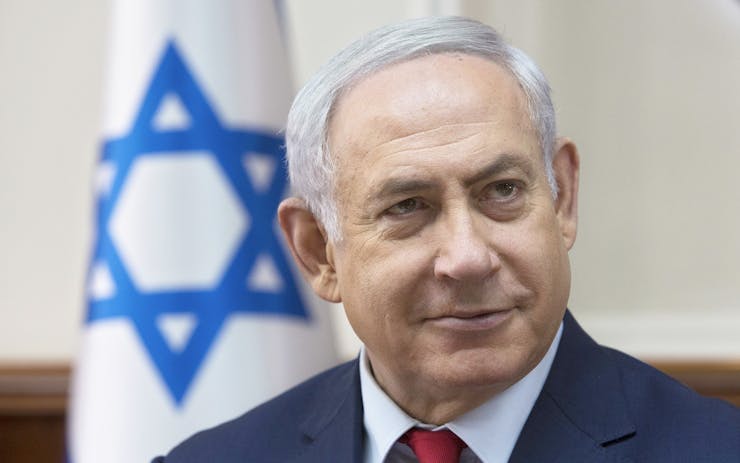A number of media outlets in Israel are reporting that Prime Minister Benjamin Netanyahu has ordered a halt to the country’s ambitious cannabis export program. The program, which had not yet begun exporting product, would have made Israel the second nation to legally move cannabis across international borders, after Canada.
Netanyahu’s decision came on Sunday night in a cabinet meeting with the nation’s ministers of agriculture, health, and finance. According to reports in the Jerusalem Post and on Channel 2 News, Netanyahu said US President Donald Trump had called him and made clear his “general attitude” against cannabis exports.
“Netanyahu told the ministers that it would not be wise to be the vanguard in this field, noting that Canada is the only country so far that has authorized the export of cannabis,” reported the Post.
‘Israel Should Not Be the Pioneer’
Channel 2 news anchor Dana Weiss reported on Wednesday:
“Netanyahu made it clear to the ministers that Israel should not be the pioneer in this context, since besides Canada there is no country in the world that exports the drug,” she said. “At this stage, the Treasury will remind the participants that any confrontation can be avoided if the government chooses not to export cannabis to the United States, but Netanyahu reiterated the administration’s position in Washington, stressing that it would not necessarily serve Israel’s interests. At the end of the discussion, Netanyahu ordered a freeze on the move until the completion of economic tests and an examination with the Health Ministry. “
Then: 300 Farms. Now: 3
An earlier report, by Oren Lebovich in Israel’s Cannabis Magazine, noted that the government could reduce the number of allowed cannabis farms from 300 to only two or three.
The idea of exporting cannabis from Israel is an idea that’s been around, and generally accepted, in many quarters of the government. In 2014, Netanyahu met with the health minister of the Czech Republic and spoke about the possibility of exporting Israeli cannabis to that European nation. The program has not received official approval from the government, though, due in part to opposition from Gilad Erdan, Israel’s minister for public security and strategic affairs.





